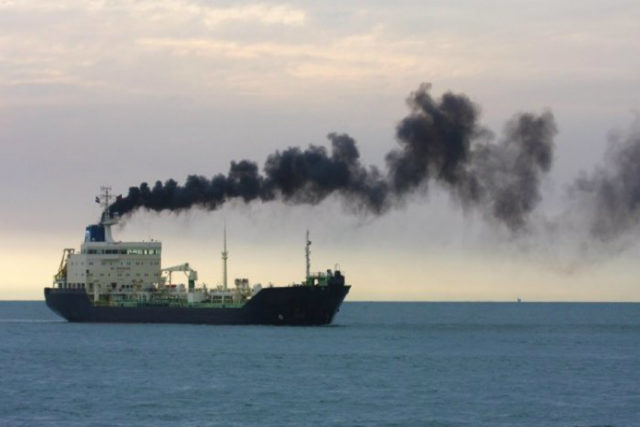The International Maritime Organisation (IMO) is marking a decade of action on cutting greenhouse gas emissions from shipping.

The first set of international mandatory measures to improve ships’ energy efficiency was adopted on 15 July 2011 as part of the International Convention for the Prevention of Pollution from Ships (MARPOL).
To support the implementation of the measures and encourage innovation, IMO has been implementing a comprehensive capacity building and technical assistance programme, including a range of global projects. These include the GEF-UNP-IMO GloMEEP Project (now concluded), the European Union-funded global network of maritime technology cooperation centres (GMN project), the IMO-Norway GreenVoyage2050 project and the IMO-Republic of Korea GHG Smart Project.
IMO Secretary-General Kitack Lim said: “In July 2011, the first set of mandatory measures to improve the energy efficiency of new-build ships was adopted, fundamentally changing the baseline for the performance of the incoming global fleet in terms of emission reduction.
“The pace of regulatory work to address GHG emissions from shipping has continued within the framework of the IMO Initial Strategy for reducing GHG emissions from shipping, and most recently with the adoption of further, key short-term measures aimed at cutting the carbon intensity of all ships, new build and existing ships, by at least 40 per cent by 2030, compared to the 2008 baseline, in line with the initial strategy ambitions.
“The package of mandatory measures combined with implementation support sets shipping on a pathway to decarbonization. There is more work to do, but we have solid foundations, which is contributing to the global fight against climate change.”
The issue of controlling air pollution from ships – in particular, noxious gases from ships’ exhausts was discussed at IMO as early as the 1970s but drew more attention in 1988 when the Marine Environment Protection Committee (MEPC) agreed to include the issue of air pollution in its work programme. In 1991, IMO adopted Assembly Resolution A.719 (17) on Prevention of Air Pollution from Ships. The Resolution called on the MEPC to prepare a new draft Annex to MARPOL on the prevention of air pollution.
The Kyoto Protocol, which was adopted in December 1997, was a major step in the fight against climate change. It operationalized the United Nations Framework Convention on Climate Change by committing industrialized countries and economies in transition to limit and reduce greenhouse gases (GHG) emissions following agreed individual targets.
On 15 July 2011, MARPOL Annex VI Parties adopted mandatory energy efficiency regulations for ships – Energy Efficiency Design Index (EEDI) for new ships, Ship Energy Efficiency Management Plan (SEEMP) for all ships.
In 2016, IMO adopted the mandatory IMO Data Collection System (DCS) for ships to collect and report fuel oil consumption data from ships over 5,000 GT. The first calendar year data collection was completed in 2019.
Also, IMO, in April 2018, adopted the Initial Strategy on the reduction of GHG emissions from shipping, a policy framework which sets key ambitions, including annual greenhouse gas emissions from international shipping by at least half by 2050, compared with their level in 2008, and working towards phasing out GHG emissions from shipping entirely as soon as possible in this century and reducing the carbon intensity of international shipping (to reduce CO2 emissions per transport work), as an average across international shipping, by at least 40 per cent by 2030, pursuing efforts towards 70 per cent by 2050, compared to 2008.
In June 2021, IMO adopted key short-term measures aimed at cutting the carbon intensity of all ships by at least 40% by 2030, in line with the ambitions set out in the IMO Initial Strategy.
These measures combine technical and operational approaches to improve the energy efficiency of ships. All ships will have to calculate their Energy Efficiency Existing Ship Index (EEXI) and ships over 5,000 gt will establish their annual operational carbon intensity indicator (CII) and CII rating.
Support InfoStride News' Credible Journalism: Only credible journalism can guarantee a fair, accountable and transparent society, including democracy and government. It involves a lot of efforts and money. We need your support. Click here to Donate
